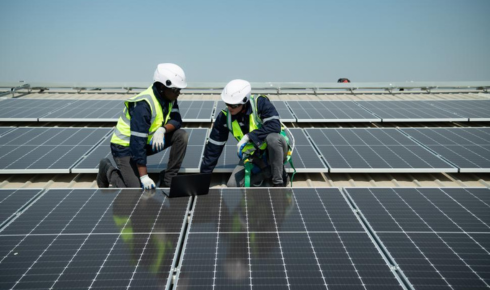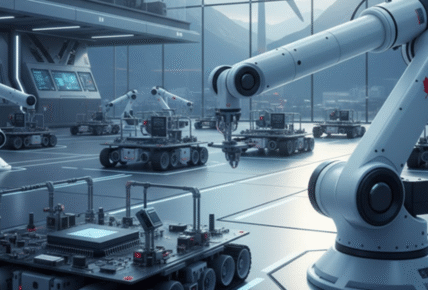As the world shifts toward sustainable energy sources, solar technology has become a leading solution for individuals and businesses looking to reduce their carbon footprint and energy costs. Among the most effective ways to harness solar energy is through a solar power system, which converts sunlight into usable electricity. When paired with a rooftop setup, it becomes a practical and accessible energy solution for homes, offices, and industrial properties.
Understanding Solar Power Systems
A solar power system typically includes solar panels, an inverter, mounting structures, and sometimes batteries for storage. These systems work by capturing sunlight through photovoltaic (PV) panels and converting it into electricity. This electricity can either be used instantly, stored in batteries, or fed back into the electrical grid, depending on the system configuration.
There are three main types of solar power systems:
- Grid-Tied Systems: These are connected to the public electricity grid and allow users to offset their energy usage. Excess electricity can be exported to the grid, and users receive credits, a system known as net metering.
- Off-Grid Systems: These operate independently of the grid and are ideal for remote areas without electricity access. They include battery storage to supply power during night-time or cloudy days.
- Hybrid Systems: These combine the features of both grid-tied and off-grid systems. They are connected to the grid but also have batteries for backup.
Why Choose a Solar Rooftop System?
A solar rooftop system is a type of solar power setup where the panels are mounted directly on the roof of a building. This method utilizes unused roof space to generate clean, renewable energy, making it especially beneficial in urban and semi-urban environments.
Here are the main advantages:
- Optimal Use of Space: Roofs offer a wide, unshaded surface area that receives ample sunlight, making them ideal for solar panel installation.
- Cost Savings: Rooftop systems can significantly reduce monthly electricity bills. Over time, users can even earn money through net metering or by selling excess power back to the grid.
- Increased Property Value: Homes and commercial spaces equipped with solar systems often have higher market value due to lower energy costs and sustainable features.
- Low Maintenance: Once installed, solar rooftop systems require minimal maintenance, mainly periodic cleaning and occasional inspections.
- Environmentally Friendly: Reducing reliance on fossil fuels lowers greenhouse gas emissions and promotes cleaner air and water.
Key Components of a Solar Rooftop System
- Solar Panels: These are the core of the system and convert sunlight into direct current (DC) electricity.
- Inverter: Converts DC electricity into alternating current (AC), which powers household or commercial appliances.
- Mounting Structure: Holds the panels in place and positions them for maximum sun exposure.
- Battery Storage (optional): Stores excess electricity for use when solar energy is not available.
- Monitoring System: Provides real-time data on energy production and system performance.
Installation and Considerations
Before installing a solar rooftop system, an energy audit should be conducted to assess electricity usage and determine the optimal system size. Professional installers also consider roof orientation, tilt, shading, and structural integrity. In India, many states offer subsidies and incentives to encourage solar adoption, which can significantly reduce upfront costs.
It’s essential to partner with a certified and experienced installer who can guide you through the process, ensure compliance with local regulations, and provide quality after-sales service.
The Future of Solar in India
India is rapidly becoming a global leader in solar energy. The government’s target to achieve 280 GW of solar capacity by 2030 is driving innovation, affordability, and accessibility. Residential users, housing societies, schools, hospitals, and industries are all embracing solar as a viable energy solution.
In conclusion, a solar rooftop system offers a sustainable, efficient, and cost-effective way to meet your energy needs. Whether you’re a homeowner or a business, switching to solar is not only a step toward energy independence but also a contribution to a greener planet. Investing in a solar power system today is a smart move for a brighter and cleaner tomorrow.





